In your 20s, you can build 6 realistic financial habits.
 You should be proud of any milestones that put your mental well-being and happiness as the priority.
You should be proud of any milestones that put your mental well-being and happiness as the priority.
Everyone has their own winning money tips. There are many surprising ways to earn, save and invest money. The few things that have worked in the past, such as budgeting paying down debt, and investing for retirement, are still effective. These are the things you should do with your money. You can do it if you really want to. Finding a way to at least get your finances back on track is essential.
Some habits I developed while repaying my debts have stuck with me. These habits are not important for my success, but they have helped me to create a great system and pattern with my money.
It is said that it takes 66 days, (to be precise) to turn a behavior into a habit. This is great news! You can still achieve your goal in 3 months, even if you aren’t doing well financially today. It only takes a small amount of inspiration to ignite this newfound motivation – which is what I hope to do today. Inspire you.
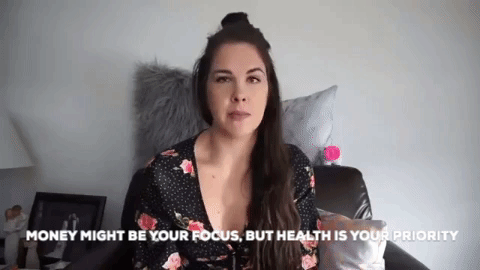
Because I have ingrained these things into me, when I feel stuck or am about to do something bad for my finances, I know I will always do the right thing. Let’s get started!
PAY YOUR CREDIT CARD OFF EVERY MONTH
In my case, I fell into debt because I couldn’t pay off my card by the end the billing cycle. It meant paying interest. That’s not something you want to do. Once I was debt-free, I made a promise to myself that I wouldn’t put anything on my credit card I couldn’t pay off within a month.
Sincerely, I’d like to pay off my debts by the end each week. This habit is not only the most important for my financial success but also one I am grateful for. You can’t pay off your debt by the end the month if you don’t have the money. Period. Does this mean that you should not buy groceries when you are in need? No, absolutely not. This simply means that as soon as you get back on track, you should make this your goal. It reduces stress, anxiety and gives you more freedom.
OPEN HIGH INTEREST SAVINGS ACCOUNTS for EVERYTHING
It’s easy to open a high-interest saving account these days. What’s the best part? Each account can be given a unique nickname. Currently, I have five saving accounts. I have five different accounts, each with a specific financial goal. And you can bet that I am not scared to open even more.
You shouldn’t hesitate to open high-interest saving accounts at multiple financial institutions. If you do not want to switch your regular branch, you are not limited to that one bank. I opened an EQ Bank account because they offer the highest interest rate on savings in Canada. ( was recently increased to 2,45%). This is why I keep my money in the account.
REGULARLY CONTROL YOUR BANK ACCOUNT
Checking my online banking between four and five times a week is one of my most intensive financial habits. You read it right. No limit to how many times I check my account, but four is the magic number. Why would I do that? What I imagine is that some of you might be wondering ( , while the rest of say “that’s all?”). You’ll find out.
First, I do this as a personal budget. Instead of logging in or writing down the numbers, I prefer to see them for myself and make sure I am not missing anything. Second, I’m terrified of fraud. You better believe that I will notice any unusual behaviours on my credit card before my bank. These check-ins help me control my deliberate spending. Sometimes, if I’m in the mood to buy something, I will transfer money into a saving account to make sure there is no money available to spend. The small things I do to check my bank account are crucial for my financial success.
LET TIME BE YOUR FRIEND
Time Rules eVeRyThInG around me! No, but really. The 24-hour Rule is all that really matters. It’s amazing how many times I wanted to purchase something, but waited to consider it. Then, after a while, I didn’t want to purchase that item. You will be surprised to learn that the things you thought you wanted don’t really matter.
It’s not about coffee or skipping the dishes because these decisions are often made quickly. But, instead, think about those online shopping sprees and I’ll-just-pop-into-Walmart trips. You’ll thank yourself and your financial goals for considering the impact of every purchase on your budget.
DON’T RUN TO ACHIEVING TRADITIONAL MILESTONES
It’s hard to not compare yourself with others when you are in your 20s. People follow the traditional path of career, home ownership, marriage, and childbirth. I say, screw tradition! These traditional paths no longer exist. Not everyone achieves their goals by 30. Most of us just want to live a happy life.
When I stopped worrying so much about deadlines and milestones, I started to see my financial wealth increase. I became less worried about doing things at the right time and more concerned about addressing these wants and needs when it was appropriate. The majority of people do not know what they are looking for in a career until mid-20s and many people cannot afford to buy a house. You should be proud of any achievement that puts your mental health and happiness first. You will then be better equipped to achieve challenging financial goals.
TRACK YOUR PROGRESS
Tracking your progress can make the challenge less stressful and more enjoyable. Celebrate your achievements and take charge of your finances by celebrating your success. Step one for me is to write down what I desire and see if my current actions will allow me to achieve it.
Keep a journal to track your progress towards achieving a financial goal. Or, acknowledge those goals in a realistic way. You can order the perfect journal right now to get you started.

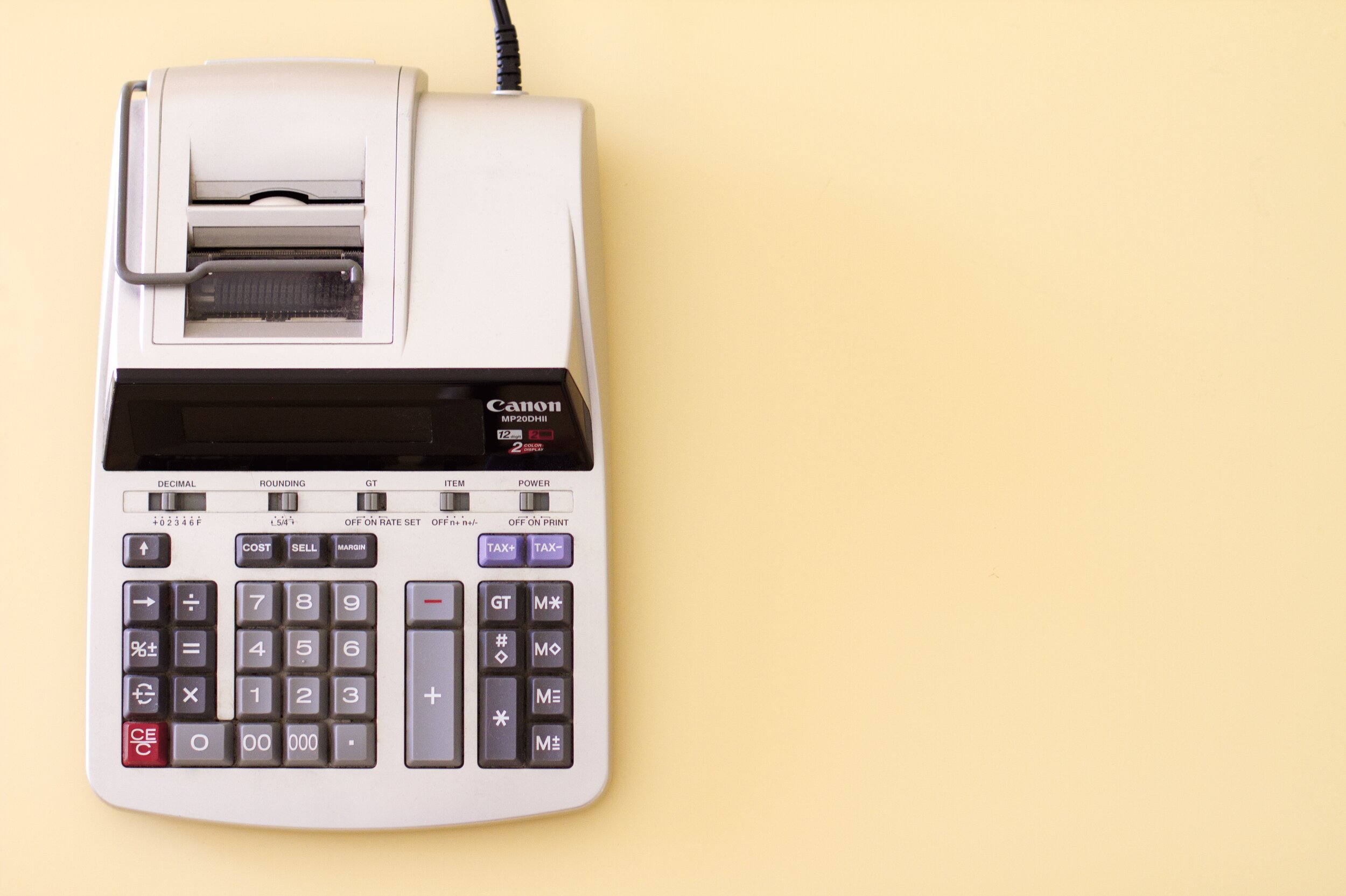




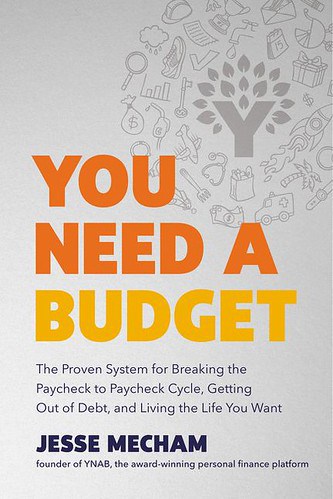

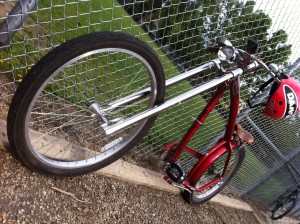
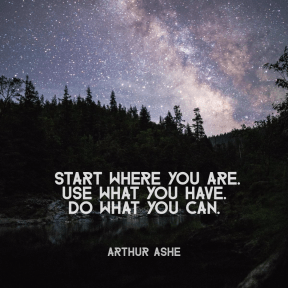
+ There are no comments
Add yours